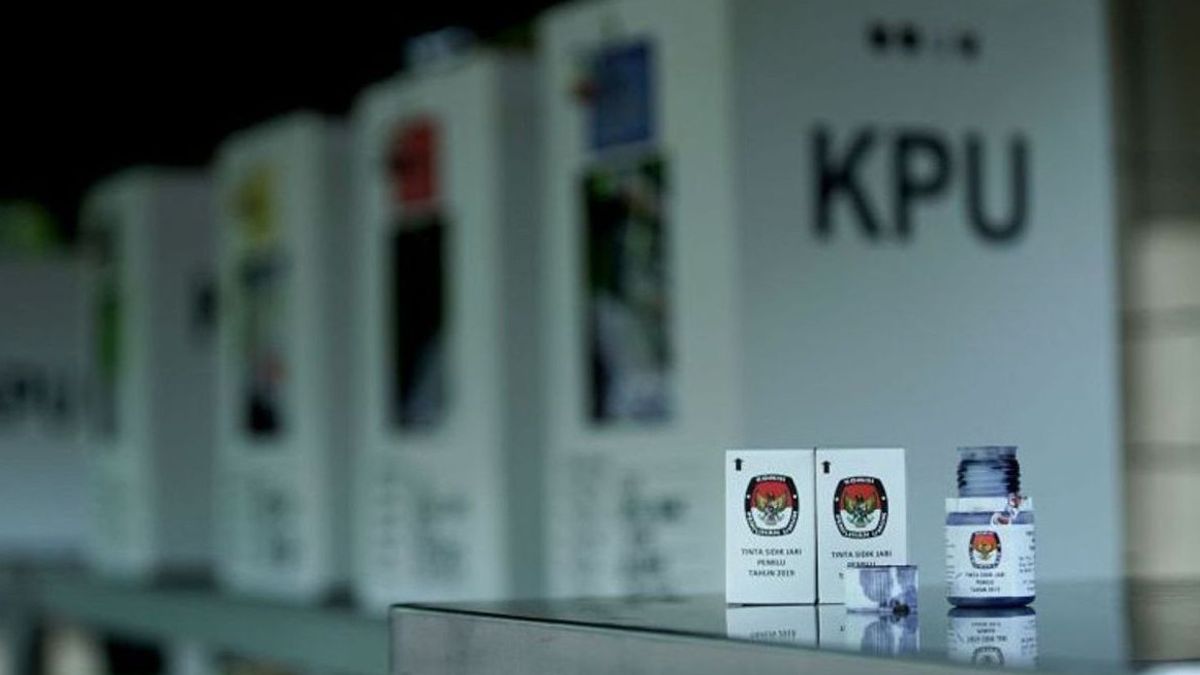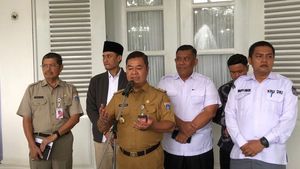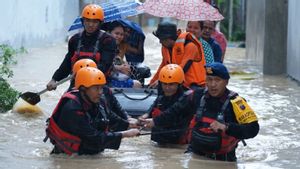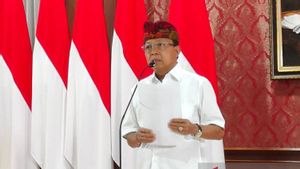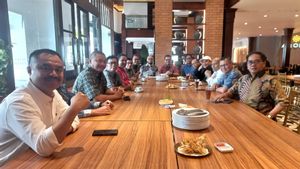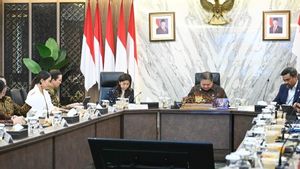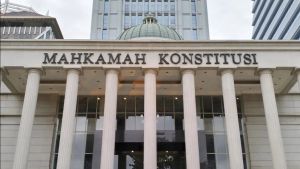JAKARTA - The General Election Commission (KPU) is considering facilitating the operational costs of implementing online campaigns in the 2020 Simultaneous Pilkada online.
The rules for implementing the new online campaign will be implemented at this year's election. This online campaign was created as an alternative to face-to-face campaigns for regional head candidates in 270 provinces and districts / cities.
Because, during the COVID-19 pandemic, all meetings must be limited to a capacity of 50 percent. When there is a limitation on the capacity of face-to-face campaign participants, online campaigns become an alternative for campaign effectiveness.
"In an online campaign, participants can place campaign materials using a certain platform by paying a fee," KPU I Commissioner Dewa Raka Sandi told VOI, Tuesday, August 25.
"We will examine the payment matters facilitated by the KPU, based on input from Commission II of the DPR RI in the consultation meeting yesterday," continued Raka.
However, Raka admitted that the KPU would also consider the ability of online campaign cost facilities from the availability of the 2020 Pilkada budget.
"We will check the regulations, related to budgeting, whether the budget is available or not. We still need to deepen it so that it is not biased when implemented," explained Raka.
The technical provisions for this online campaign, said Raka, would be mandated in the revision of KPU Regulation (PKPU) Number 4 of 2017 which regulates election campaign matters.
The KPU will later regulate norms related to the implementation of online campaigns. KPU, said Raka, could not state which platforms could be used to hold the virtual campaign.
"In PKPU it is not permissible to mention a specific platform, because it could be considered a violation due to promotion. However, it is the authority of the provincial and regency / city KPUs that hold regional elections through the procurement of goods and services," he said.
In addition to online campaigns, the revision of PKPU Number 4 of 2017 will also regulate several permitted campaign methods, namely limited meetings, face-to-face meetings, public debates, distribution of campaign materials, installation of campaign props, campaign advertisements, and other activities that do not violate campaign prohibitions. .
Online campaigns are another method of activity that does not violate prohibitions. Meanwhile, face-to-face campaign activities have requirements, namely the implementation of the COVID-19 prevention and control protocol according to the standards set by the Task Force for the Acceleration of Handling COVID-19.
The English, Chinese, Japanese, Arabic, and French versions are automatically generated by the AI. So there may still be inaccuracies in translating, please always see Indonesian as our main language. (system supported by DigitalSiber.id)
